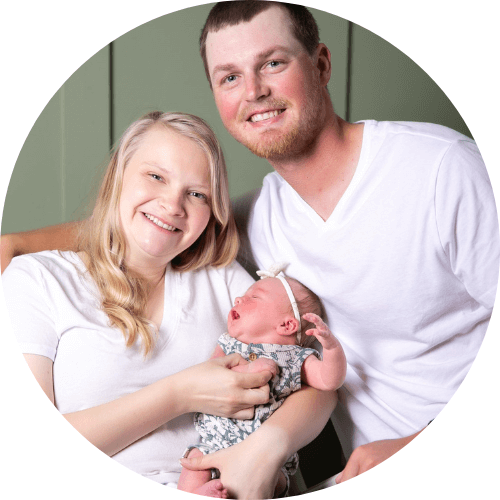Course Information
Youth, Sports & Society*
| University: |
Michigan State University |
| Course Number: |
HDFS 892 |
| Credit Hours: |
3 credit hours - $590 per credit |
| Start/End Dates: |
May 16, 2022 - June 30, 2022 |
Course Description
Sports and athletic activities are deeply connected to one’s life. Regardless of one’s athletic status (professional or amateur), level (grassroots, regional, national, or international), and other facets of engagement, sports are such a vital part of one’s life that we rarely think about them even when we participate in them as spectators, fans, or players. In reality, however, decisions we make with sports greatly affect not only the way we experience sports but also the way we develop as individuals throughout our lifespan. How we are and are not engaged in sports impacts our development as individuals. This is to say that our relationship to sports is bilateral, i.e. we affect sports and sports affect us. Simultaneously, critically examining sports and society helps us better understand what we value, how we become who we are, and how we may be able to realize social justice in a larger social context.
Because of these strong ties between us and sports, this course will specifically examine our relationships to sports and how the context of sport engagement contributes to individual development. On one level, its focus is on youth development. How can we use sports to contribute to positive youth development? How do team and individual sports affect the developmental growth of children, youth, and emerging adults? On another level, however, in order to discuss the relationship between youth development and sports, we must examine various contexts in which sports and we interact. For example, how do policies related to sports affect us? How do families and communities impact sports and how are they impacted by sports? In addition, this course will also explore how sports are a vital part of our identity development, as well as a way to combat one’s marginalized status. The course is designed for both researchers and practitioners. Real-world questions will be discussed in a way that is scholarly well-informed.
Contacts
Instructor
Yuya Kiuchi
Office: 517-355-7680
Fax: 517-432-2953
kiuchiyu@msu.edu
Campus Coordinator
For course access questions, contact the teaching university’s campus coordinator. For enrollment questions, contact your home university campus coordinator.
View the Campus Coordinator Directory >>
Disability Support Services
To request accommodations for this course, contact the disability support office at your home university. You must register each semester and for each course. Read more about the Great Plains IDEA process for requesting accommodations.
Textbooks
APA Publication Manual
American Psychological Association
Edition: 7th
ISBN: 978-1433832161
Until it hurts: America’s obsession with youth sports and how it harms our kids
Hyman, M.
Edition: 2010
ISBN: 978-0807021194
Publisher: Beacon Press, Boston
The most expensive game in town: The rising cost of youth sports and toll on today’s families.
Hyman, M.
Edition: 2013
ISBN: 978-0807001448
Publisher: Beacon Press, Boston
Course Access
Approximately three weeks before the semester begins, the Registrar's Office enrolls the student in the class and assigns them a student number (PID) and 4 digit passcode (PAN). These are sent to the student in two separate emails using the email address listed in ExpanSIS. The student must use the PID and PAN to activate their MSU email address. After 24-48 hours, the student can access the class through the course management system. The course information pages are sent multiple times to any and all e-mail addresses listed for the student in ExpanSIS.
Exam Proctor
This course does not require an exam proctor.
Synchronous Components
This course does not include synchronous components.
Comments
Recommended Texts (no need to buy):
Sport and physical activity across the lifespan: Critical perspectives. Dionigi, R. A. & Gard, M. (2018) (This is available on www.lib.msu.edu. Read chapters as you see fit.)
The national youth sport strategy. U.S. Department of Health and Human Services. (2019). (This is available on D2L. Read chapters as you see fit.)


 Great Plains IDEA has so many benefits for its students. The ability to continue my education while working full-time and growing my family has been a huge benefit for me. Earning the Student Excellence Award will greatly benefit my family as we begin our lives with our new daughter because we can use it to pay for the rest of my tuition and will not have to budget in finishing my degree.
Great Plains IDEA has so many benefits for its students. The ability to continue my education while working full-time and growing my family has been a huge benefit for me. Earning the Student Excellence Award will greatly benefit my family as we begin our lives with our new daughter because we can use it to pay for the rest of my tuition and will not have to budget in finishing my degree.